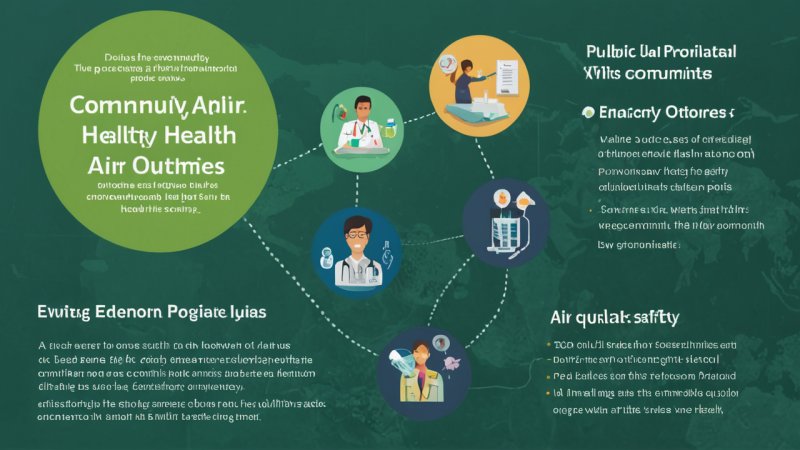The intersection of environmental policy and public health is a critical area of study that has gained increasing attention in recent years. As the global community faces unprecedented challenges such as climate change, pollution, and resource depletion, understanding how environmental regulations influence public health outcomes is more important than ever.
Environmental policies are designed to protect natural resources and reduce harmful effects on ecosystems. However, these policies also have direct implications for human health. For instance, stricter air quality regulations can lead to a decrease in respiratory diseases, while improved water quality standards can reduce the incidence of waterborne illnesses. The relationship between these policies and health outcomes is complex and multifaceted.
One key point to consider is the concept of environmental justice. This principle advocates for equitable distribution of environmental benefits and burdens across different communities. Often, marginalized populations bear the brunt of environmental hazards, such as industrial pollution or inadequate access to clean water. Research has shown that communities with robust environmental policies tend to experience better health outcomes, highlighting the importance of inclusive policy-making.
Moreover, the economic implications of environmental policy cannot be overlooked. Investments in clean energy and sustainable practices not only create jobs but also lead to healthier communities. A study by the American Public Health Association found that every dollar spent on clean air initiatives yields significant health benefits, reducing healthcare costs and improving overall quality of life.
Another vital aspect is the role of public awareness and education. Effective environmental policies require informed citizens who understand the health risks associated with environmental degradation. Public health campaigns that educate people about the importance of environmental stewardship can drive community engagement and support for policy initiatives. This grassroots involvement is crucial for the successful implementation of policies that prioritize both environmental protection and public health.
In conclusion, the relationship between environmental policy and public health is a dynamic and essential area of research that reveals the interconnectedness of our ecosystems and our health. As we continue to face global environmental challenges, it is imperative that policymakers consider the health implications of their decisions. By fostering collaboration between environmental scientists, public health experts, and community stakeholders, we can create policies that not only protect our planet but also enhance the well-being of all individuals.






